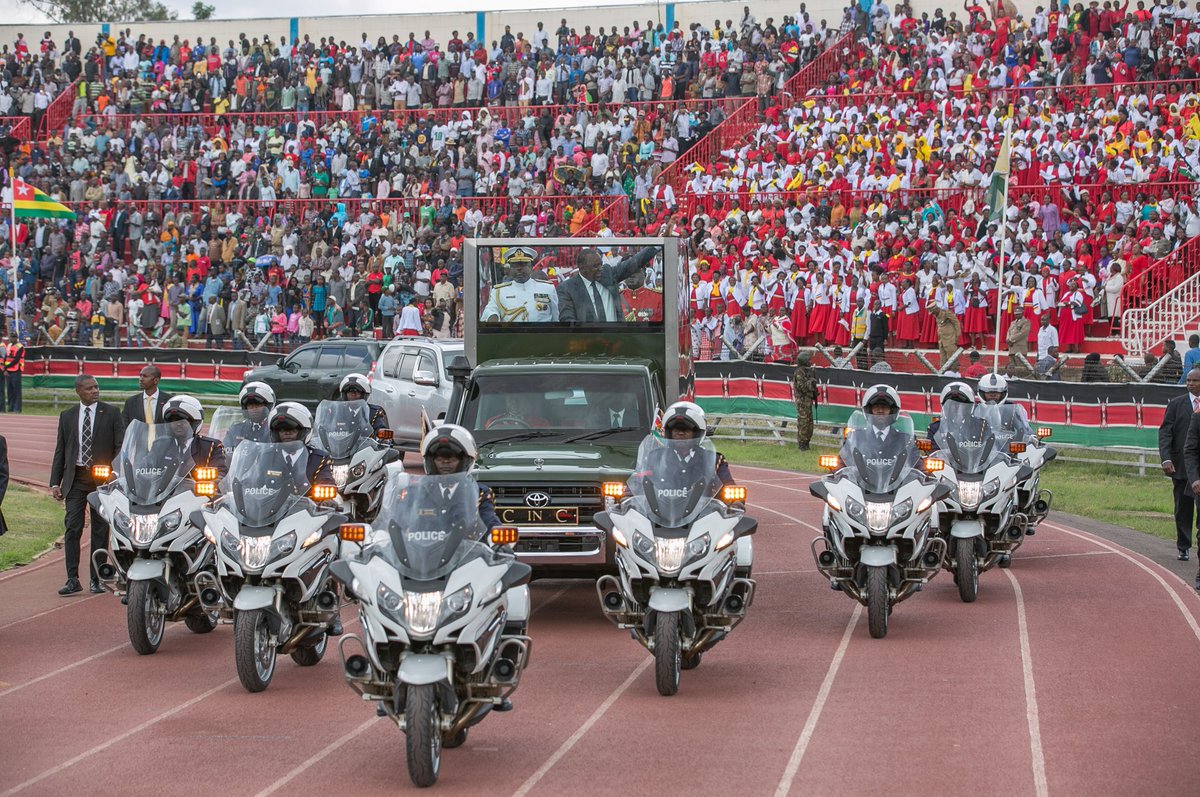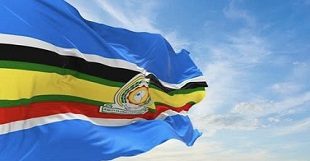
Nairobi, Kenya | AFP |
Kenyan President Uhuru Kenyatta said Monday his country was seriously thinking of quitting the International Criminal Court, after three other African nations moved to pull out of the tribunal.
Kenya has been one of the most vocal critics of the court based in The Hague, which put Kenyatta and his Vice President William Ruto on trial for orchestrating political violence that left over 1,200 dead after 2007 elections.
Charges were dropped against both leaders, with ICC chief prosecutor Fatou Bensouda blaming a relentless campaign of victim intimidation, but bitterness remains in Kenya where the battle against “imperialism” became a cornerstone of Kenyatta and Ruto’s successful 2013 election bid.
“Our experience at the ICC demonstrated a glaring lack of impartiality in this institution,” Kenyatta said in a speech Monday.
“We have sought the changes that will align the ICC to respect for national sovereignty. Those changes have not been forthcoming. We will therefore need to give serious thought to our membership.”
African nations have long felt they are unfairly targeted by the ICC. Currently nine out of the 10 ICC investigations are in African countries. The other is in Georgia.
Numerous countries have failed in their duty to arrest Sudanese President Omar al-Bashir, who was indicted by the ICC in 2009 for alleged genocide, war crimes and crimes against humanity in the Darfur conflict.
The African Union argues sitting heads of state should have immunity from prosecution and has publicly backed calls for African states to withdraw.
Kenya was actually the first country to hold a vote to leave the court in 2013 with a symbolic motion in parliament which was never formalised.
However it was Burundi which in October took formal steps to withdraw from the ICC which in April launched a preliminary investigation into allegations of killings, torture and other rights abuses in the country.
South Africa — caught up in a dispute over its failure to arrest Bashir last year — followed suit, as did Gambia.
Court hamstrung by own rules
The ICC was set up in 2002 in The Hague as a court of last resort to try the world’s worst crimes where national courts are unable or unwilling to act.
However the court is unable to carry out investigations in countries which have not ratified its founding Rome Statute, unless the United Nations refers a case for investigation.
Of the 124 nations which have ratified the Rome Statute, 34 are African.
The United States, Russia and China have not ratified the statute and with their UN Security Council veto powers, efforts to investigate crimes in Iraq and Syria are often blocked.
Many of the current investigations — in the Central African Republic, Uganda, Mali and the Democratic Republic of Congo — were referred to the ICC by the governments of those states.
Kenya’s 2007 elections were marred by allegations of vote rigging, but what began as political riots quickly turned into ethnic killings and reprisal attacks.
As elections loom in 2017, Kenyatta urged citizens to avoid ethnic violence and vowed to “accept the electoral choice of Kenyans in all humility”.
“We will disagree robustly because we are a democracy. But that disagreement will have limits. We will not fight. We will either accept the results, or challenge them following the legal means laid down for that purpose.”
 The Independent Uganda: You get the Truth we Pay the Price
The Independent Uganda: You get the Truth we Pay the Price


